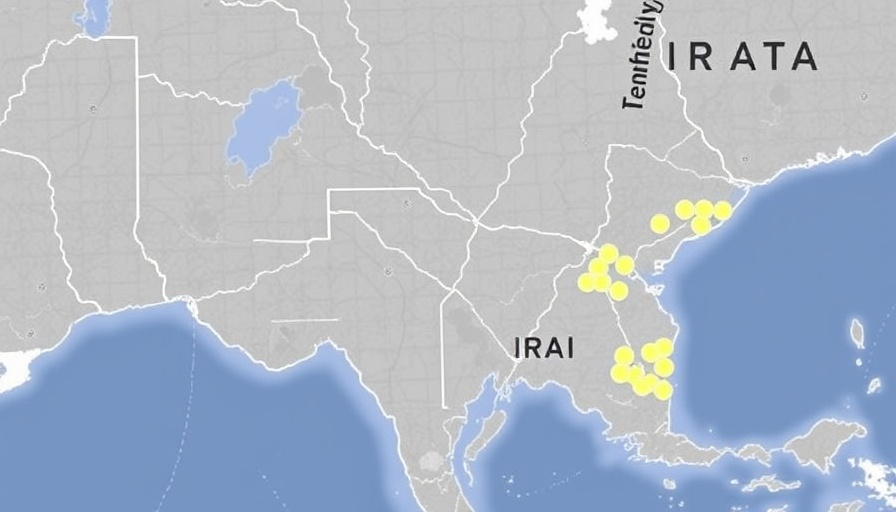
The U.S. Escalates Military Action Against Iran
In a significant shift in U.S. foreign policy, President Donald Trump announced on Saturday that the United States has conducted airstrikes on multiple nuclear sites in Iran. This marks the first time the U.S. has initiated a direct military attack against Iran, further escalating an already tense conflict between Israel and Iran that has been brewing for weeks.
Trump's announcement came via social media, stating that the U.S. has successfully targeted critical nuclear facilities including Fordow, Natanz, and Esfahan. Describing the operation as a complete success, he praised the U.S. military and expressed hopes for peace in the region. "Now is the time for peace!" he proclaimed.
The Significance of Fordow
The Fordow facility is particularly noteworthy as it is considered one of Iran's most secure nuclear sites, built inside a mountain and designed to withstand conventional strikes. This characteristic makes it challenging for Israel to target, hence the necessity for U.S. intervention using powerful bunker-buster bombs.
International and Domestic Reactions
The attack has invoked mixed reactions among U.S. lawmakers, with even Trump's allies divided on the appropriate course of action. While some applaud the strikes as necessary for national and regional security, others raise concerns over the implications of escalating military conflicts in the Middle East.
Looking Ahead: Potential Outcomes
The situation raises critical questions about the future of U.S.-Iran relations and regional stability. With ongoing tensions, experts warn that further military actions could lead to retaliation from Iran, potentially spiraling into a broader regional conflict.
As developments continue to unfold, it's crucial for the public to stay informed about potential impacts on both national security and international relations. This situation highlights the delicate balance of diplomacy and military action in addressing complex geopolitical challenges.
 Add Row
Add Row  Add
Add 



Write A Comment